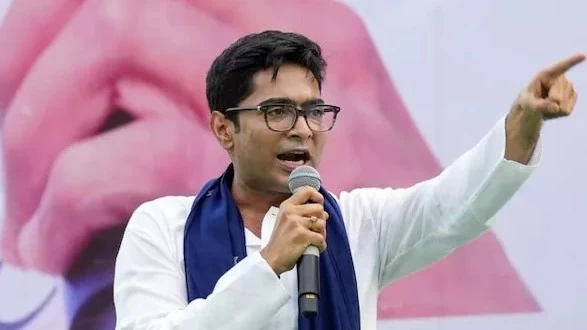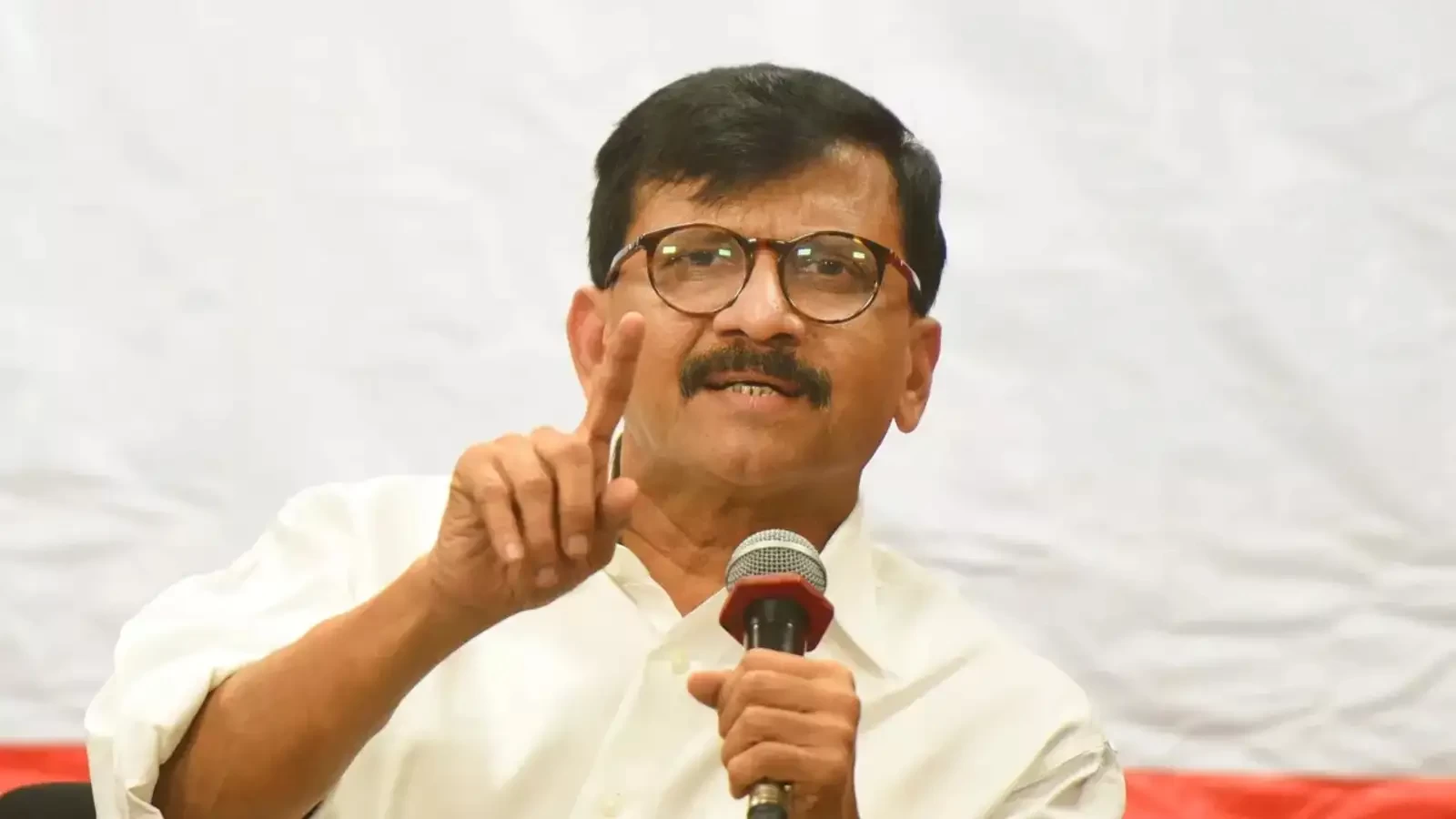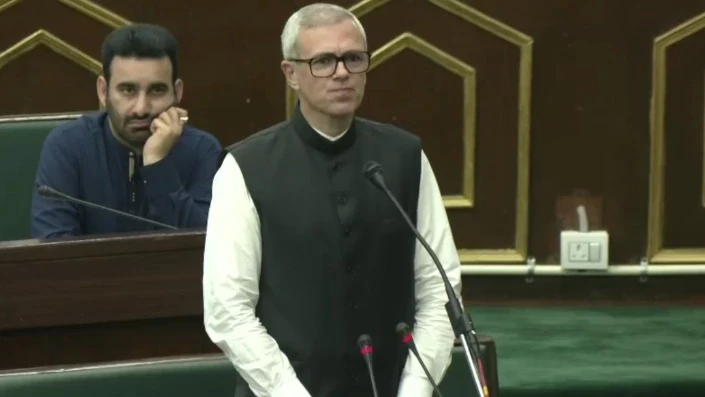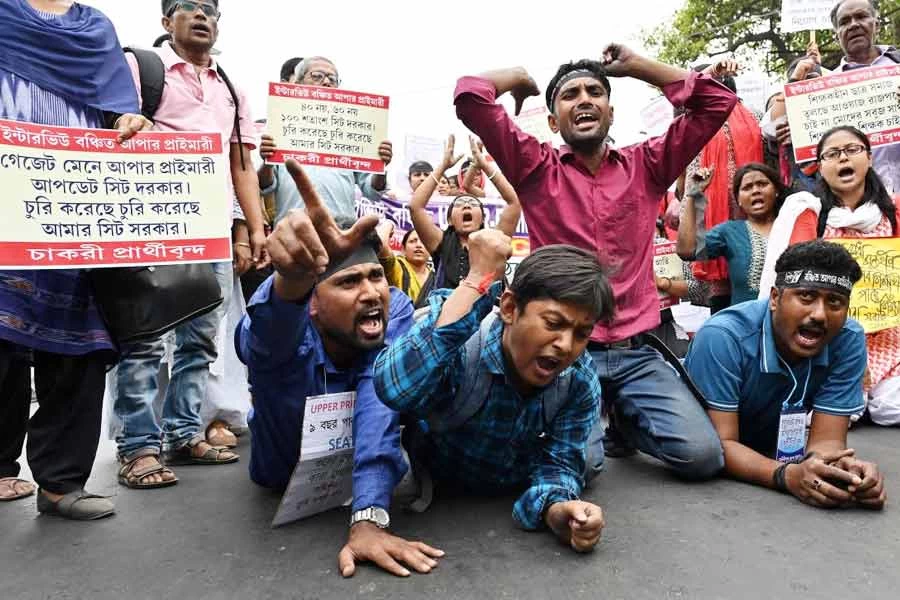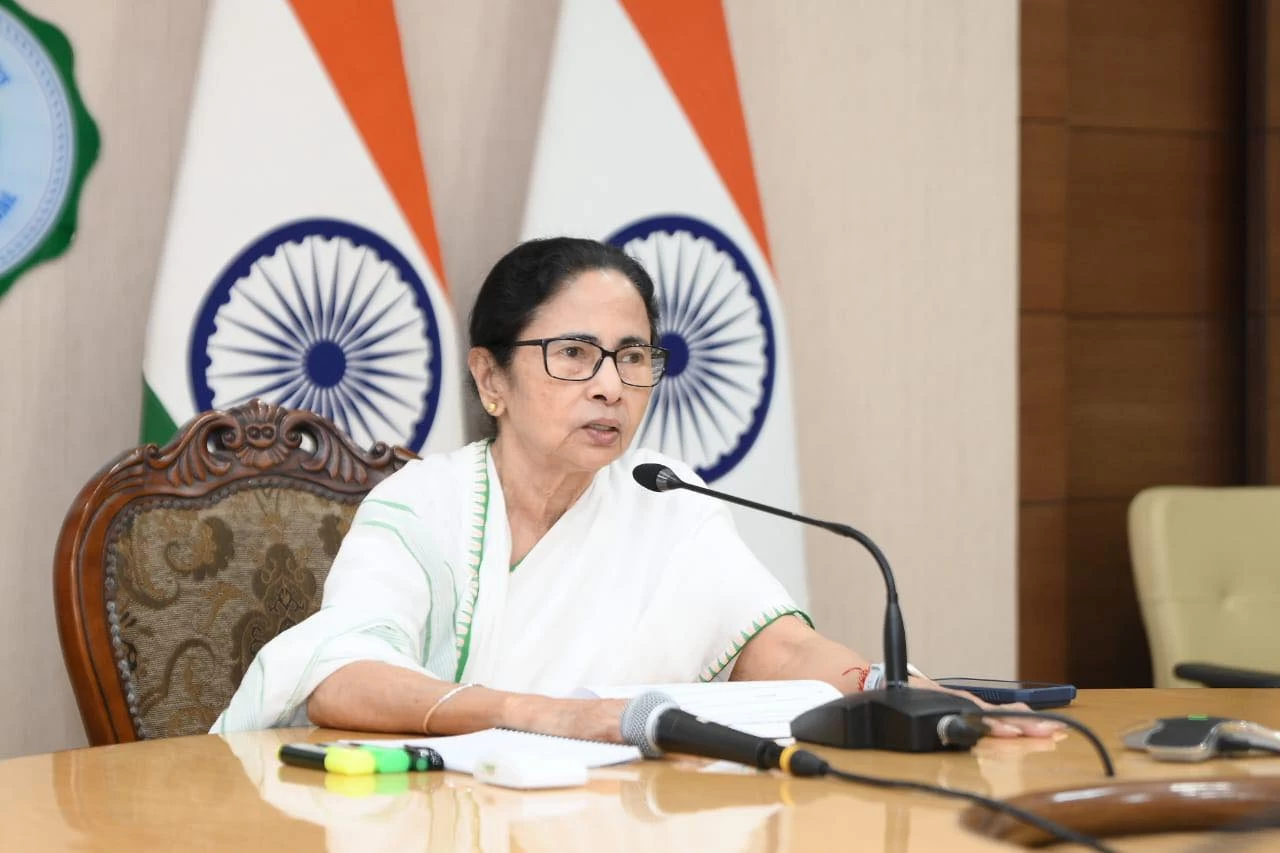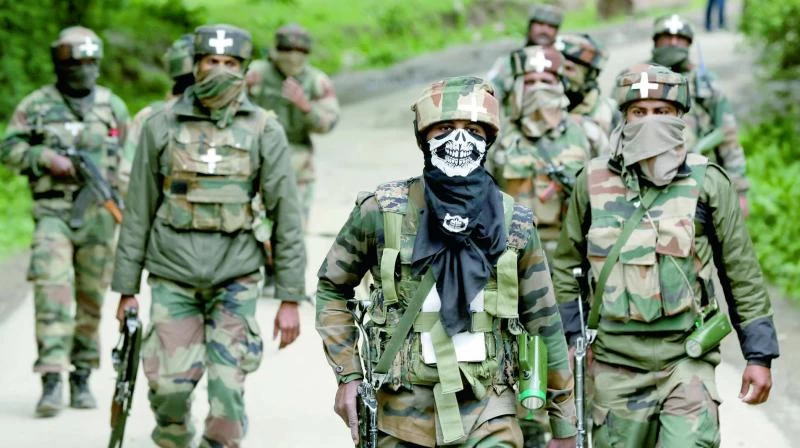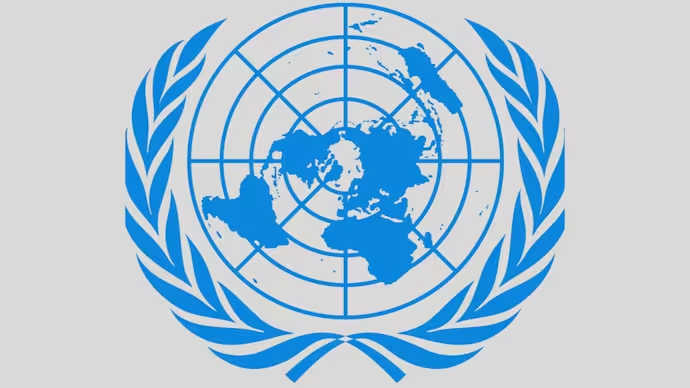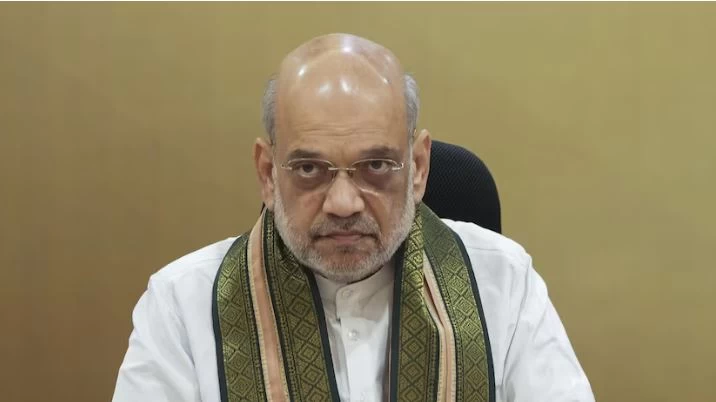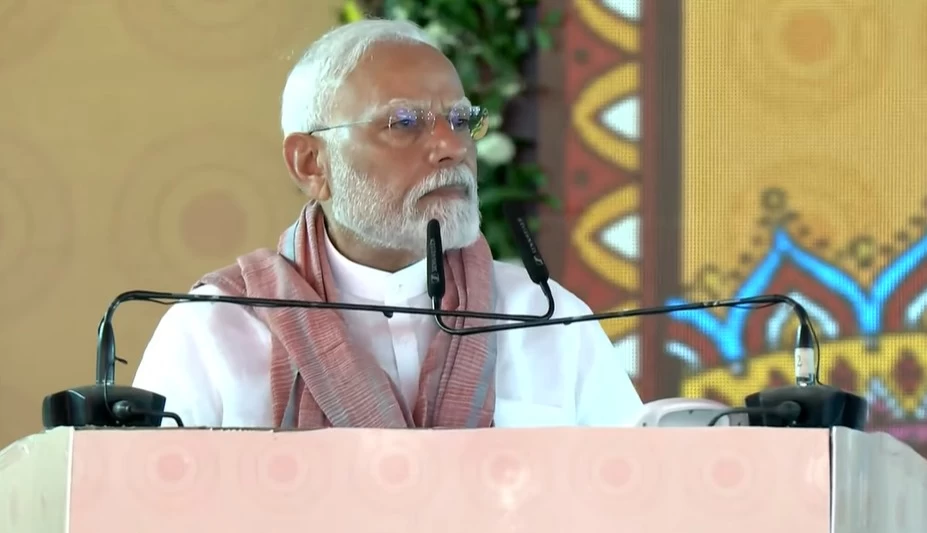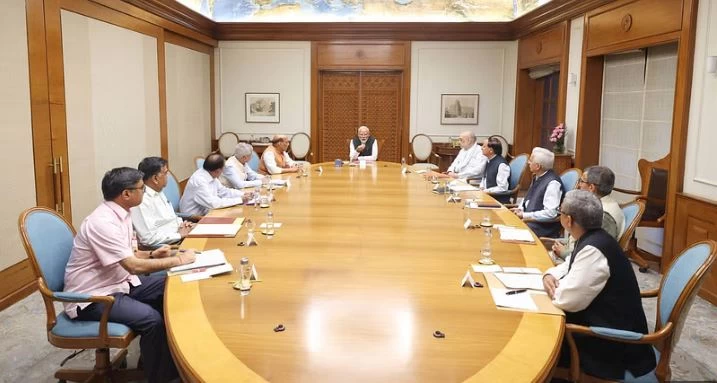Latest Updates
India Evacuates Non-Essential Staff from Bangladesh Amidst Unrest Following Hasina’s Resignation
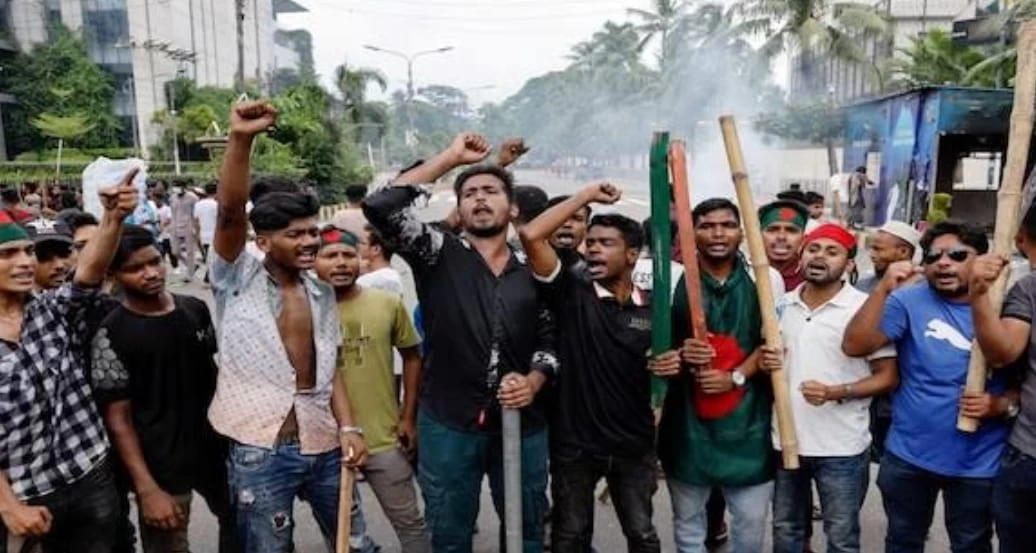
India has evacuated all non-essential personnel and their families from its embassy and consulates in Bangladesh amidst ongoing unrest in the aftermath of former Prime Minister Sheikh Hasina’s resignation. According to reports, the evacuation included 190 individuals who were transported back to India on a special Air India flight (AI1128) from Dhaka.
Despite the evacuation of non-essential staff, all Indian diplomats remain in Bangladesh, and the country's diplomatic missions continue to operate normally. India maintains a consular presence in Dhaka, Chittagong, Rajshahi, Khulna, and Sylhet. Approximately 20-30 senior staff members are still stationed at the Indian High Commission in Dhaka.
External Affairs Minister S. Jaishankar addressed the situation in Parliament, stating that around 19,000 Indians are currently in Bangladesh. He reassured that the government is in "close and continuous" contact with the Indian community through its diplomatic channels. “We are in close and continuous touch with the Indian community in Bangladesh through our diplomatic missions. There are an estimated 19,000 Indian nationals there, of which about 9,000 are students. The bulk of the students have already returned to India in the month of July on the advice of the High Commission. In terms of our diplomatic presence, in addition to the High Commission in Dhaka, we have Assistant High Commissions in Chittagong, Rajshahi, Khulna and Sylhet. It is our expectation that the host government will provide the required security protection for these establishments. We look forward to their normal functioning once the situation stabilizes,”said Jaishankar.
The unrest in Bangladesh initially erupted over a controversial job quota system, sparking widespread violence. Although the Supreme Court addressed the quota issue, protests persisted as demonstrators demanded the resignation of Prime Minister Sheikh Hasina, accusing her of indifference to the lives lost during the unrest. The protests have led to over 400 deaths and numerous injuries.
In the midst of this turmoil, Sheikh Hasina resigned and fled to India, leaving the country in chaos. Reports indicate that the Awami League's office was set ablaze, and several party leaders have been targeted by protesters. Approximately 20 Awami League leaders have been found dead.
Bangladesh’s Nobel Peace Prize laureate Muhammad Yunus has been named the head of the country’s new military-backed interim government. The decision came after a crucial meeting led by President Mohammed Shahabuddin. The move to appoint Yunus, widely known for his microfinance work, aligns with the demands of student leaders who had been instrumental in the protests against Hasina.




